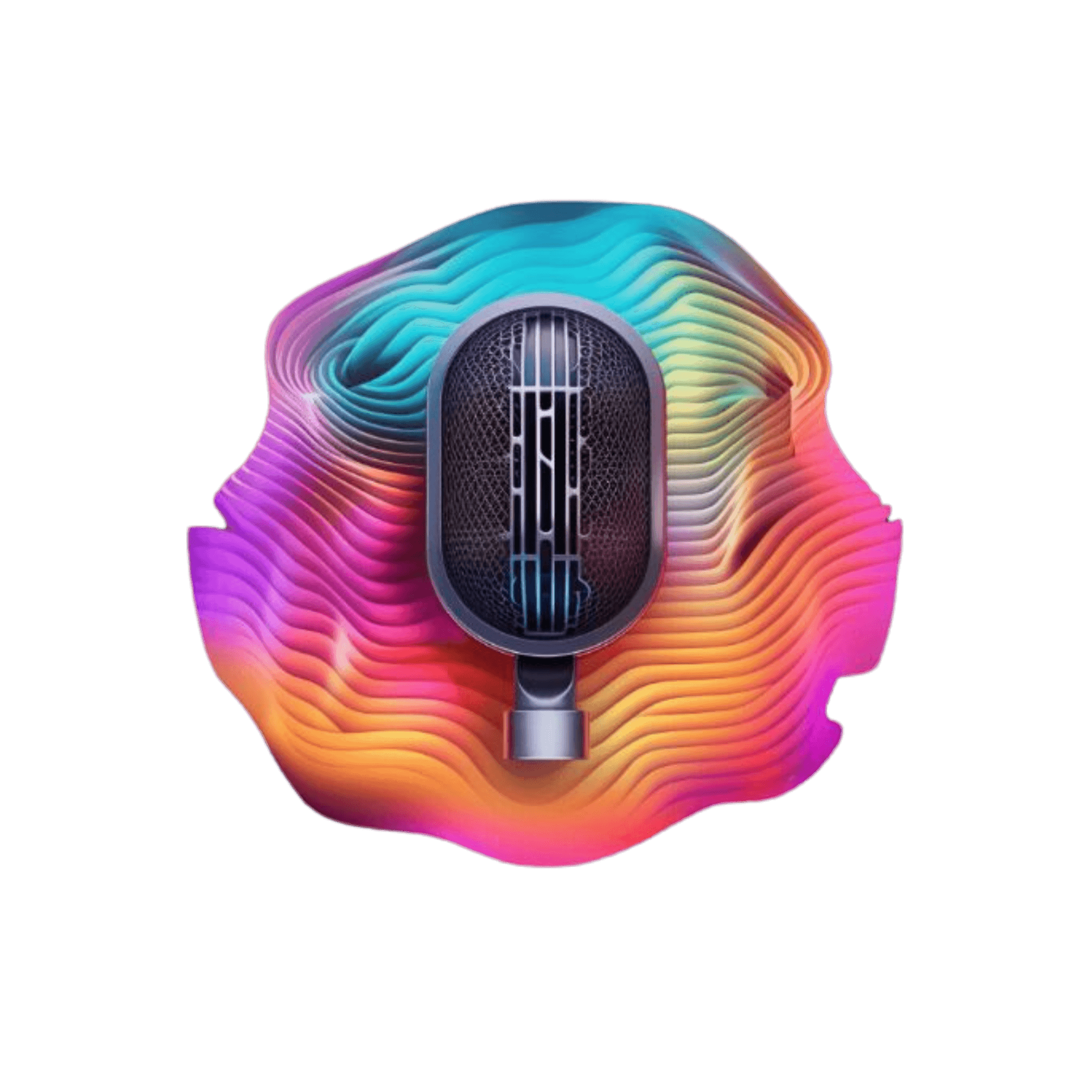
FROM OUR BLOG
FROM OUR BLOG
FROM OUR BLOG
How Voice Cloning Technology is Transforming Content Creation
Nov 3, 2024



Table of Contents
What Is Voice Cloning?
How Voice Cloning Works
Top Voice Cloning Tools for Creators
Why Voicestars Stands Out in Voice Cloning
Step-by-Step Guide: Create Custom Voices with Voicestars
Creative Uses for Voice Cloning in Media and Marketing
Related Readings
What Is Voice Cloning?
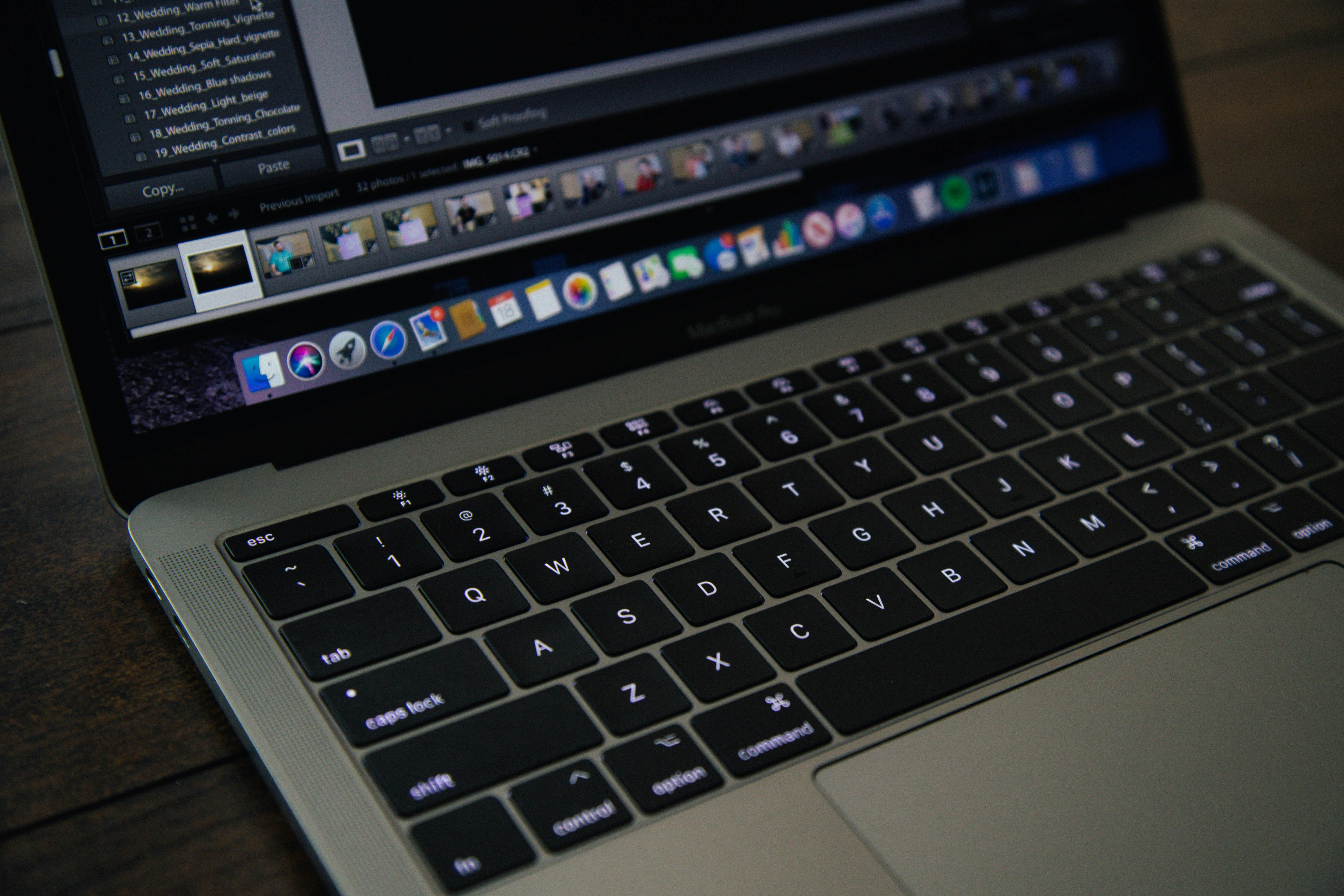
Voice cloning is a technology that uses artificial intelligence and deep learning to replicate a person’s voice, capturing the unique tone, pitch, and rhythm. This technology has opened up exciting possibilities for content creators, marketers, and even educators, allowing them to reproduce voices for use in videos, podcasts, and personalized audio content.
Voice cloning can faithfully mimic the subtleties of a voice, making it ideal for generating custom content in entertainment, advertising, and media. Platforms like Voicestars make it accessible for creators to clone voices in a user-friendly, high-quality environment.
Discover how Voicestars helps creators with advanced voice cloning tools here.
How Voice Cloning Works
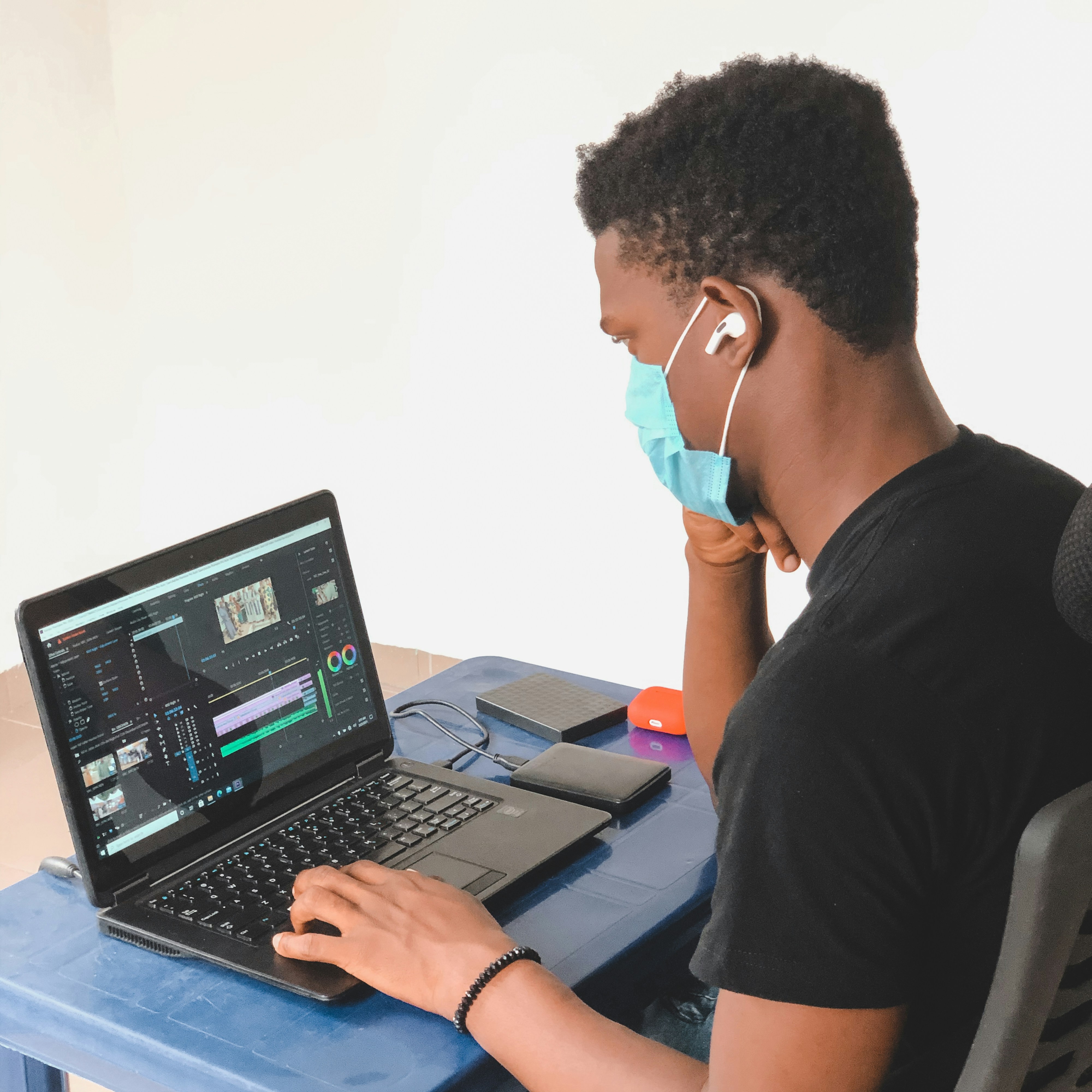
Voice cloning technology uses machine learning and neural networks to analyze and replicate a voice. Here’s a brief breakdown of the process:
Data Collection: The AI is trained on voice samples, capturing different tones and phrases.
Feature Extraction: The AI analyzes features like pitch, tone, and rhythm to understand the voice’s unique characteristics.
Voice Synthesis: With enough data, the AI can create new audio in the same voice, replicating even the smallest nuances.
For a deeper dive into the neural networks behind voice cloning, check out this Wikipedia article.
Interested in trying voice cloning? Voicestars provides industry-leading AI voice tools here.
Top Voice Cloning Tools for Creators
Here are some of the best voice cloning tools for anyone looking to experiment with custom audio creation.
1. Voicestars AI Voice Generator

Voicestars is a standout platform for voice cloning, offering high-fidelity voice replication that’s perfect for professional content and fan projects. With Voicestars, users can:
Clone a voice with realistic tone and emotion.
Create celebrity voices or characters for unique media content.
Access advanced customization, including pitch and tone controls.
Start creating custom voices with Voicestars’ voice cloning tools here.
2. Resemble AI
Resemble AI allows users to create custom voices and is popular for branded content. However, it may lack some of the detailed customization options that Voicestars offers for fine-tuning voice parameters.
3. Descript Overdub
Descript’s Overdub feature offers voice cloning capabilities and is often used for podcasts, providing an intuitive interface for basic voice editing.
4. Murf AI
Murf AI combines voice cloning with text-to-speech for creating custom narrations and presentations, though it’s less focused on expressive voice replication than Voicestars.
Why Voicestars Stands Out in Voice Cloning

Voicestars offers a superior voice cloning experience with its high-quality replication and customizable settings. Here’s what makes Voicestars a top choice for content creators:
Advanced Pitch and Tone Control: Perfectly match the voice’s tone to the intended content, whether it’s serious or comedic.
Celebrity and Character Voices: Clone popular voices like Drake, Goku, or SpongeBob for fan projects or custom audio experiences.
Professional Integration: Voicestars works seamlessly with audio editing software for professional-quality production.
Try Voicestars for premium voice cloning and create custom voices here.

Step-by-Step Guide: Create Drake Sounds with Voicestars AI
Video Guide
Written Guide
1. Visit the Voicestars Homepage
Go to Voicestars and click “Try now.”

2. Select Your AI Voice or Track
Choose from Bollywood stars, regional accents, or fictional voices.
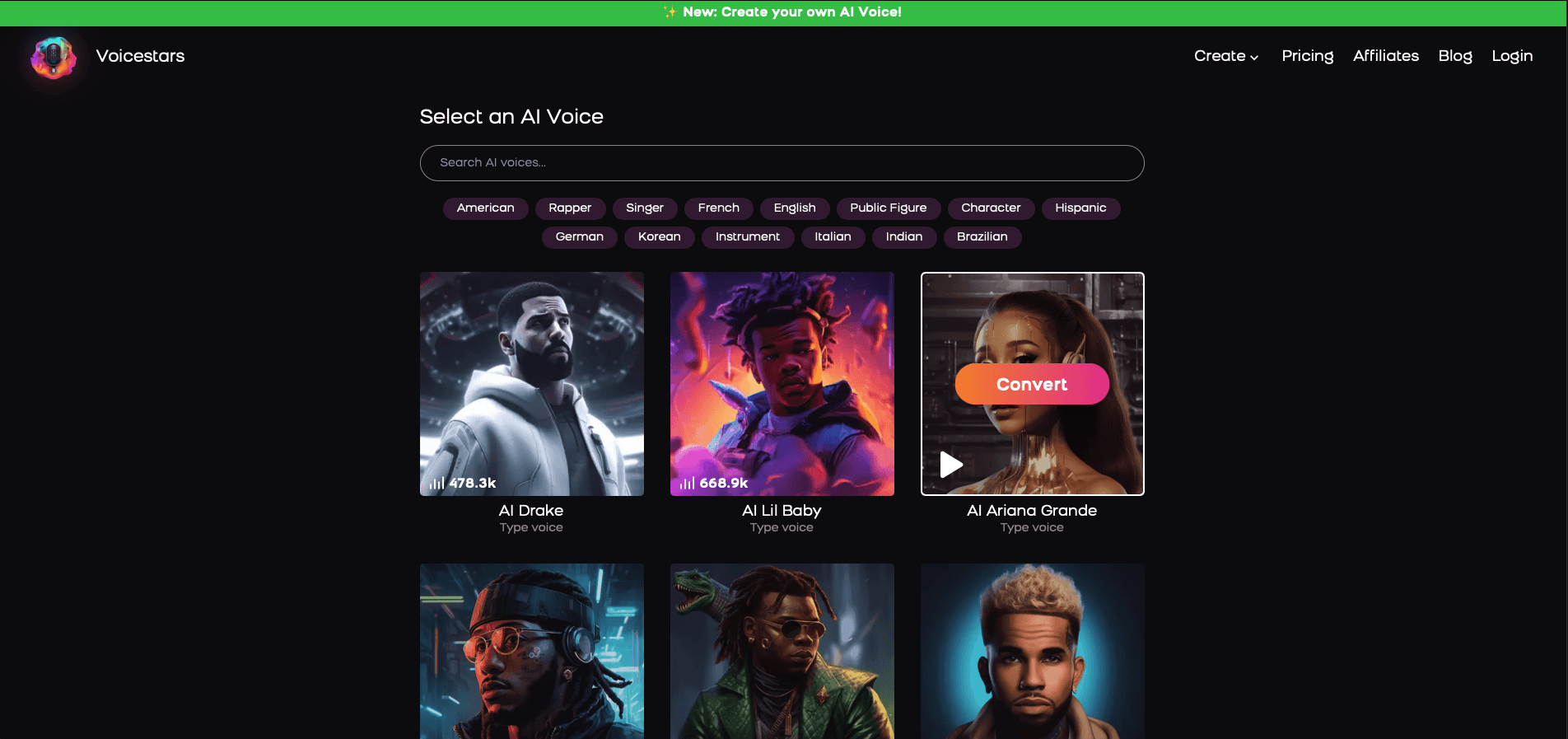
3. Upload a Song or Add Text for Remixing
Insert an audio clip or type song lyrics for a quick remix.
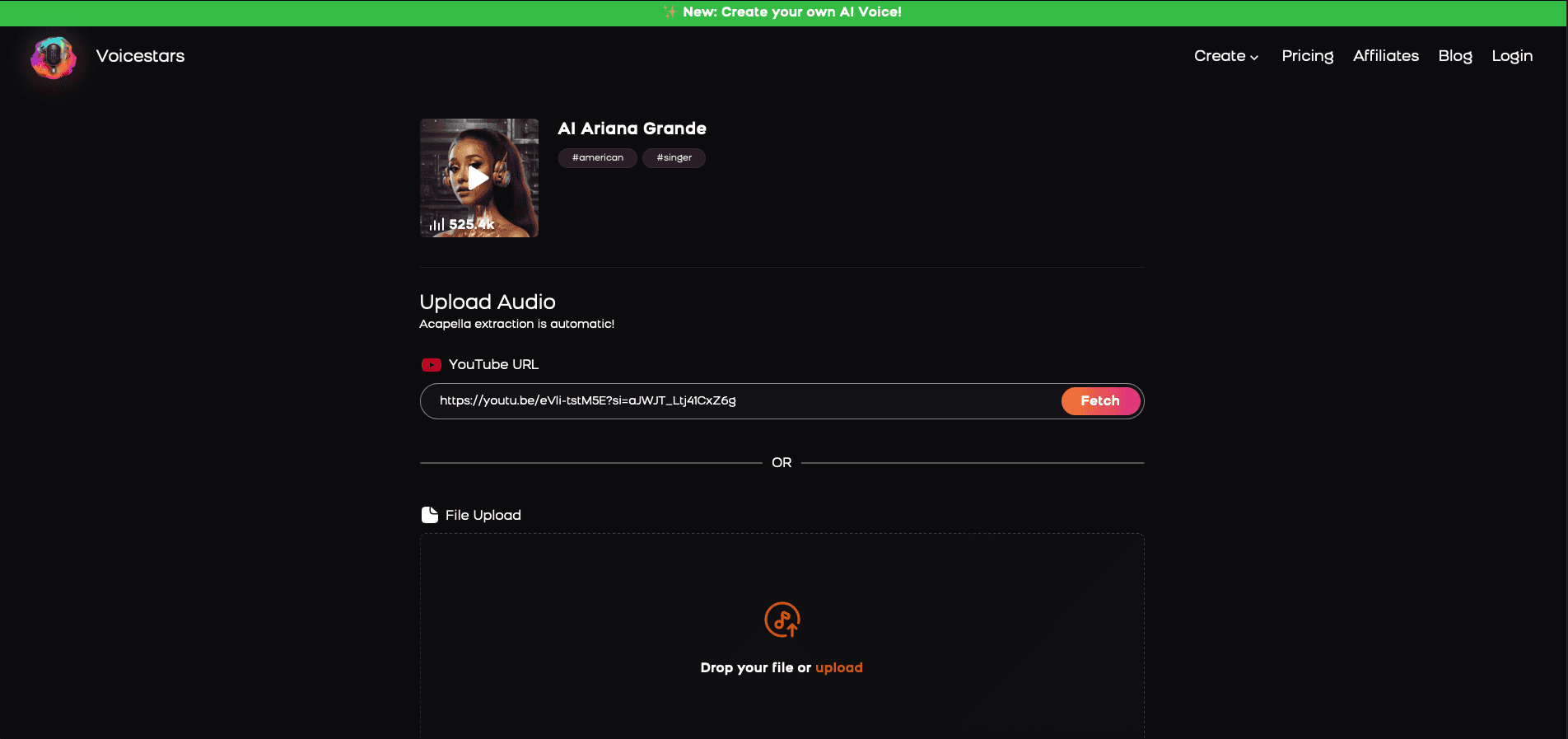
4. Download and Share Your Voice
Once you’ve created it, share it on TikTok, Instagram, or Twitter.
Creative Uses for Voice Cloning in Media and Marketing

Voice cloning technology is opening up new possibilities for marketers, content creators, and media enthusiasts. Here are some of the most popular applications of voice cloning in today’s content landscape.
1. Personalized Brand Narratives and Advertisements
Brands are using voice cloning to create unique, consistent voiceovers for marketing materials, helping reinforce their brand identity. Imagine a recognizable AI-generated voice guiding users through your product’s features or sharing a commercial message across digital platforms. Voicestars enables brands to create consistent audio branding without the need for studio re-recordings.
Discover more about Voicestars’ AI voice cloning tools for marketing here.

2. Enhanced YouTube and Podcast Content
Voice cloning lets YouTubers and podcasters create custom intros, reactions, or even character dialogue without recording fresh audio. By cloning their voice or adding a celebrity tone, creators can increase engagement and diversify their content offerings. Using Voicestars AI voice tools, podcasters can develop unique voiceovers for segments, like having a different “character” narrate parts of their show.
Try Voicestars for YouTube and podcast voice cloning here.

3. Interactive Content and Gaming
Voice cloning is popular in the gaming industry for creating in-game characters or interactive stories with diverse, lifelike voices. AI-generated characters can enhance the gaming experience, making it more immersive. Gamers and streamers also use voice cloning to add humor or drama to their streams, giving characters their own personality or even mimicking celebrity voices.
Start creating interactive voices with Voicestars’ gaming tools here.

4. Virtual Customer Service and Training Simulations
Companies are leveraging voice cloning to create virtual customer service agents or voice assistants. A consistent voice builds familiarity, making the customer experience more engaging. Voice cloning is also useful in creating realistic voices for training simulations, giving trainees a sense of interacting with real-world professionals.
See how Voicestars AI tools are changing business applications here.
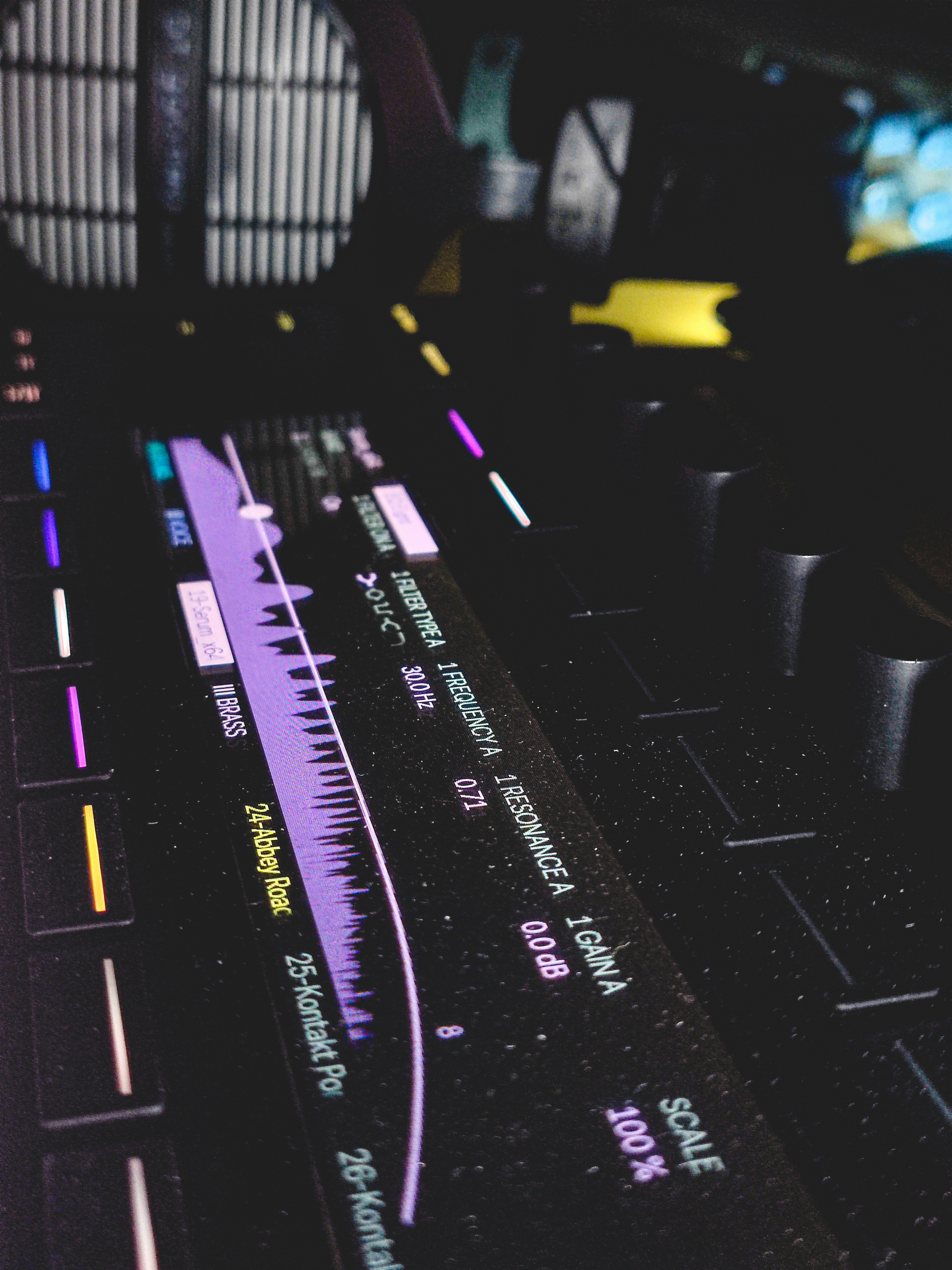
Ethical Considerations for Using Voice Cloning

Voice cloning offers incredible potential, but it also requires ethical responsibility. Here are some ethical guidelines to keep in mind when using AI voice cloning.
1. Transparency with AI-Generated Content
It’s crucial to disclose when content is AI-generated, especially when using voice clones. Transparency builds trust with audiences, ensuring they understand the source of the audio. Voicestars promotes ethical use of AI technologyby encouraging clear labeling of AI-generated voices in content.
Read more about Voicestars’ ethical AI guidelines here.
2. Respect for Copyright and Consent
If using a cloned voice of a well-known individual, especially celebrities or public figures, it’s essential to obtain proper permissions to avoid copyright or legal issues. Using a public figure’s voice without consent for commercial purposes can lead to potential legal challenges. Platforms like Voicestars prioritize ethical use and help creators comply with copyright standards.
Learn about fair use and copyright in AI voice cloning here.
3. Avoiding Misinformation and Harm
Voice cloning should be used responsibly to avoid misleading content or misinformation. Ethical usage involves using voice cloning for creative, transparent, and entertaining purposes, rather than to impersonate or deceive.

Conclusion: Voice Cloning Brings a New Dimension to Content Creation

Voice cloning technology is revolutionizing content creation, enabling creators and brands to experiment with unique audio experiences across social media, gaming, podcasts, and more. From custom narrations and interactive characters to personalized brand voices, the applications are vast and growing.
With Voicestars’ high-quality voice cloning tools, content creators can develop professional-grade voiceovers, clone celebrity voices, and add depth to their projects. As the technology continues to evolve, voice cloning will become an even more integral part of media, marketing, and digital engagement.
Ready to create custom voiceovers? Start with Voicestars’ AI tools here.
Related Readings
Table of Contents
What Is Voice Cloning?
How Voice Cloning Works
Top Voice Cloning Tools for Creators
Why Voicestars Stands Out in Voice Cloning
Step-by-Step Guide: Create Custom Voices with Voicestars
Creative Uses for Voice Cloning in Media and Marketing
Related Readings
What Is Voice Cloning?

Voice cloning is a technology that uses artificial intelligence and deep learning to replicate a person’s voice, capturing the unique tone, pitch, and rhythm. This technology has opened up exciting possibilities for content creators, marketers, and even educators, allowing them to reproduce voices for use in videos, podcasts, and personalized audio content.
Voice cloning can faithfully mimic the subtleties of a voice, making it ideal for generating custom content in entertainment, advertising, and media. Platforms like Voicestars make it accessible for creators to clone voices in a user-friendly, high-quality environment.
Discover how Voicestars helps creators with advanced voice cloning tools here.
How Voice Cloning Works

Voice cloning technology uses machine learning and neural networks to analyze and replicate a voice. Here’s a brief breakdown of the process:
Data Collection: The AI is trained on voice samples, capturing different tones and phrases.
Feature Extraction: The AI analyzes features like pitch, tone, and rhythm to understand the voice’s unique characteristics.
Voice Synthesis: With enough data, the AI can create new audio in the same voice, replicating even the smallest nuances.
For a deeper dive into the neural networks behind voice cloning, check out this Wikipedia article.
Interested in trying voice cloning? Voicestars provides industry-leading AI voice tools here.
Top Voice Cloning Tools for Creators
Here are some of the best voice cloning tools for anyone looking to experiment with custom audio creation.
1. Voicestars AI Voice Generator

Voicestars is a standout platform for voice cloning, offering high-fidelity voice replication that’s perfect for professional content and fan projects. With Voicestars, users can:
Clone a voice with realistic tone and emotion.
Create celebrity voices or characters for unique media content.
Access advanced customization, including pitch and tone controls.
Start creating custom voices with Voicestars’ voice cloning tools here.
2. Resemble AI
Resemble AI allows users to create custom voices and is popular for branded content. However, it may lack some of the detailed customization options that Voicestars offers for fine-tuning voice parameters.
3. Descript Overdub
Descript’s Overdub feature offers voice cloning capabilities and is often used for podcasts, providing an intuitive interface for basic voice editing.
4. Murf AI
Murf AI combines voice cloning with text-to-speech for creating custom narrations and presentations, though it’s less focused on expressive voice replication than Voicestars.
Why Voicestars Stands Out in Voice Cloning

Voicestars offers a superior voice cloning experience with its high-quality replication and customizable settings. Here’s what makes Voicestars a top choice for content creators:
Advanced Pitch and Tone Control: Perfectly match the voice’s tone to the intended content, whether it’s serious or comedic.
Celebrity and Character Voices: Clone popular voices like Drake, Goku, or SpongeBob for fan projects or custom audio experiences.
Professional Integration: Voicestars works seamlessly with audio editing software for professional-quality production.
Try Voicestars for premium voice cloning and create custom voices here.

Step-by-Step Guide: Create Drake Sounds with Voicestars AI
Video Guide
Written Guide
1. Visit the Voicestars Homepage
Go to Voicestars and click “Try now.”

2. Select Your AI Voice or Track
Choose from Bollywood stars, regional accents, or fictional voices.

3. Upload a Song or Add Text for Remixing
Insert an audio clip or type song lyrics for a quick remix.

4. Download and Share Your Voice
Once you’ve created it, share it on TikTok, Instagram, or Twitter.
Creative Uses for Voice Cloning in Media and Marketing

Voice cloning technology is opening up new possibilities for marketers, content creators, and media enthusiasts. Here are some of the most popular applications of voice cloning in today’s content landscape.
1. Personalized Brand Narratives and Advertisements
Brands are using voice cloning to create unique, consistent voiceovers for marketing materials, helping reinforce their brand identity. Imagine a recognizable AI-generated voice guiding users through your product’s features or sharing a commercial message across digital platforms. Voicestars enables brands to create consistent audio branding without the need for studio re-recordings.
Discover more about Voicestars’ AI voice cloning tools for marketing here.

2. Enhanced YouTube and Podcast Content
Voice cloning lets YouTubers and podcasters create custom intros, reactions, or even character dialogue without recording fresh audio. By cloning their voice or adding a celebrity tone, creators can increase engagement and diversify their content offerings. Using Voicestars AI voice tools, podcasters can develop unique voiceovers for segments, like having a different “character” narrate parts of their show.
Try Voicestars for YouTube and podcast voice cloning here.

3. Interactive Content and Gaming
Voice cloning is popular in the gaming industry for creating in-game characters or interactive stories with diverse, lifelike voices. AI-generated characters can enhance the gaming experience, making it more immersive. Gamers and streamers also use voice cloning to add humor or drama to their streams, giving characters their own personality or even mimicking celebrity voices.
Start creating interactive voices with Voicestars’ gaming tools here.

4. Virtual Customer Service and Training Simulations
Companies are leveraging voice cloning to create virtual customer service agents or voice assistants. A consistent voice builds familiarity, making the customer experience more engaging. Voice cloning is also useful in creating realistic voices for training simulations, giving trainees a sense of interacting with real-world professionals.
See how Voicestars AI tools are changing business applications here.

Ethical Considerations for Using Voice Cloning

Voice cloning offers incredible potential, but it also requires ethical responsibility. Here are some ethical guidelines to keep in mind when using AI voice cloning.
1. Transparency with AI-Generated Content
It’s crucial to disclose when content is AI-generated, especially when using voice clones. Transparency builds trust with audiences, ensuring they understand the source of the audio. Voicestars promotes ethical use of AI technologyby encouraging clear labeling of AI-generated voices in content.
Read more about Voicestars’ ethical AI guidelines here.
2. Respect for Copyright and Consent
If using a cloned voice of a well-known individual, especially celebrities or public figures, it’s essential to obtain proper permissions to avoid copyright or legal issues. Using a public figure’s voice without consent for commercial purposes can lead to potential legal challenges. Platforms like Voicestars prioritize ethical use and help creators comply with copyright standards.
Learn about fair use and copyright in AI voice cloning here.
3. Avoiding Misinformation and Harm
Voice cloning should be used responsibly to avoid misleading content or misinformation. Ethical usage involves using voice cloning for creative, transparent, and entertaining purposes, rather than to impersonate or deceive.

Conclusion: Voice Cloning Brings a New Dimension to Content Creation

Voice cloning technology is revolutionizing content creation, enabling creators and brands to experiment with unique audio experiences across social media, gaming, podcasts, and more. From custom narrations and interactive characters to personalized brand voices, the applications are vast and growing.
With Voicestars’ high-quality voice cloning tools, content creators can develop professional-grade voiceovers, clone celebrity voices, and add depth to their projects. As the technology continues to evolve, voice cloning will become an even more integral part of media, marketing, and digital engagement.
Ready to create custom voiceovers? Start with Voicestars’ AI tools here.
Related Readings
More Update

